I’ve lectured accounting students for years, and I feel that students don’t REALLY understand their basic Accounting knowledge.
Do accounting students know their ‘basics’?
EVERY SINGLE Accounting lecturer I’ve ever spoken to (from first year to CTA) says that students generally fail because their basic knowledge isn’t great.
I’d be surprised if you haven’t heard this before, but do you REALLY understand what it means? Do you pay attention to it? Or do you shift back to the ‘tricky’ stuff in the topic? The details, the higher-grade stuff?
What does it mean?
It means that students generally don’t have a comfortable working knowledge of the concept. They may ‘remember’ the work, but they struggle to think about it, apply it, use it in different situations. They need to be able to ‘manipulate’ their basic accounting studies as they progress.
Can you make coffee in any kitchen?
You learn to make coffee in your own kitchen, does that mean that’s the only place you can make coffee?
If I put you in a different kitchen, will you be lost? Or are you so comfortable with what it takes to make coffee, that you can do it anywhere. You can ‘hunt’ for the stuff in a strange kitchen if it doesn’t look like yours. Can you substitute milk for creamer, sugar for sweetener or honey, stir it with a spoon instead of a teaspoon? Does a coffee machine instead of a kettle mean you won’t be able to make the coffee? Or will you check it out, try figure out how it works. If you know there should be hot water and coffee beans / pods, you have somewhere to start. What do the buttons do, where do the beans / pods go, where does the water come out of? Perhaps the coffee machine might stump you (some of them look pretty intense!), but you’d still have the mug, spoon, sugar, coffee beans and milk prepared! The ingredients don’t have to be in the same place.
You’ll hunt, you’ll search, because you know what you’re looking for, you know the goal. You’d still probably get more than ‘halfway’ there. Silly example, but do you get it? You don’t need a manual, or a list, or to memorise anything off-by-heart.
Are you learning accounting basic knowledge like nursery rhymes?
Being able to recite the Accounting Equation doesn’t mean you understand it comfortably enough to use it in any situation. When I lecture students, I find them ‘reciting’ knowledge like a nursery rhyme. Our brains are constantly looking for patterns or a rhythm in what we experience. Think of music. Why do we remember lyrics for YEARS after we last heard a song? It’s because our brains absorb and retain information exponentially better when there’s a ‘rhythm’. It anchors the knowledge, the words, to the rhythm. You hear the rhythm again, your brain pulls up the attached words. It doesn’t necessarily ‘think’ about the words, or their meaning, it just stores it.
So, when you recite the accounting equation, the debits and credit rules, the definition of accounting elements (assets, liabilities etc), Are you really ‘learning’ it? Or are you ‘memorising it’? Voice these rules to yourself out loud. Can you hear the ‘nursery rhyme’ tone to your voice? Now, break the rhythm, and think about every word. Do they form a comfortable ‘picture’ in your head? Can you explain the concepts to someone else, using a different sentence, terminology, example or context? If I give you something to work through, that you’ve never seen before, can you use your basic accounting knowledge to start a solution to the problem? Or do you need to ‘learn’ every solution before you can use it.
Why is this so important for Accounting students?
Knowing, or remembering a few solutions to questions isn’t being ‘comfortable’ with basics. ‘Remembering’ stuff isn’t ‘basic accounting knowledge’.
Higher levels of studies build on these basics, and expect that the application of the basics aren’t a problem for you. So the ‘situations’, the ‘case studies’ become trickier. But the basics’ are the same! Ever had lecturers take you through solutions, or looked at them yourself, and picked out the ‘easy marks’, but can’t quite figure out how you should’ve gotten there? I wrote an article on why Financial Management studies should be like a screwdriver. This was aimed at CTA students (Accounting students studying towards the SAICA Chartered Accountant qualification). It applies to any studies (ACCA, CIMA, ICB, SAIPA etc), because any accounting studying you do should enable you to see the shape of the problem. You should be able to build a solution with the basic accounting knowledge you’ve learnt.
Your syllabus and exams are built around basic accounting knowledge
Accounting lecturers expect that you have accounting basic knowledge from previous levels of studies. The syllabus is set on this assumption, that they don’t need to start the knowledge from scratch. But this is often wrong, isn’t it!? Most accounting students don’t study that way in their earlier levels. They cram, learn off-by-heart, spot questions, and study solutions. Students ‘hunt’ for assignment solutions instead of working through content properly. They focus so much on ‘the right answer’, that they don’t spend a lot of time thinking about WHY it’s the right answer.
They often have no one to ask or no one to explain the basics properly. There’s often not enough time. You know, LIFE gets in the way! Once they pass the exam, they feel like they’re done, they know what they need, and they can move on. When they get to higher levels, they find it more complicated, because their problem-solving skills are lacking. They aren’t as comfortable with their accounting basic knowledge as they should be.
So, when you’re studying, and you’re thinking of whether to focus on the deferred tax on assessed losses, perhaps you should start with the question of whether you’re able to ‘make coffee’ with deferred tax!

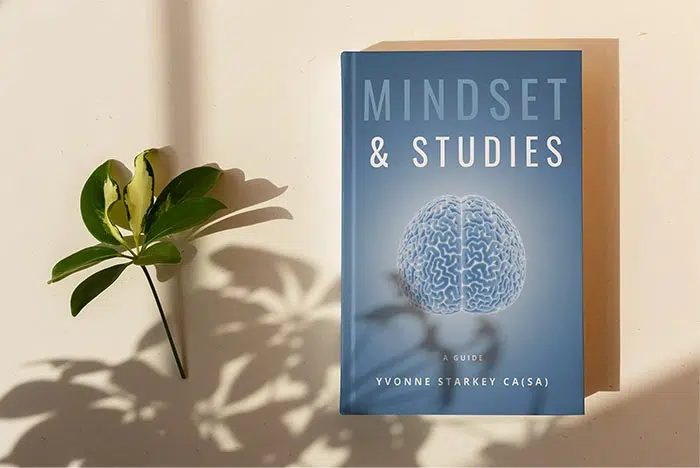



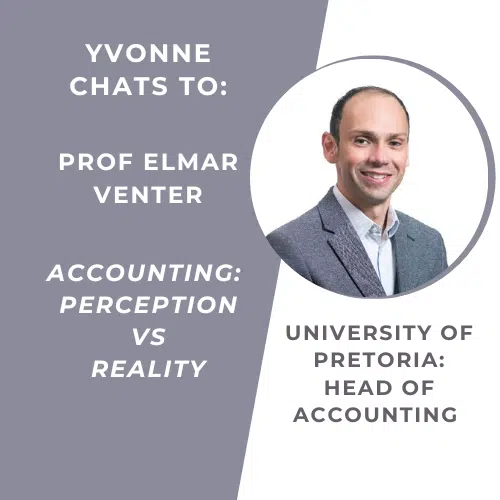

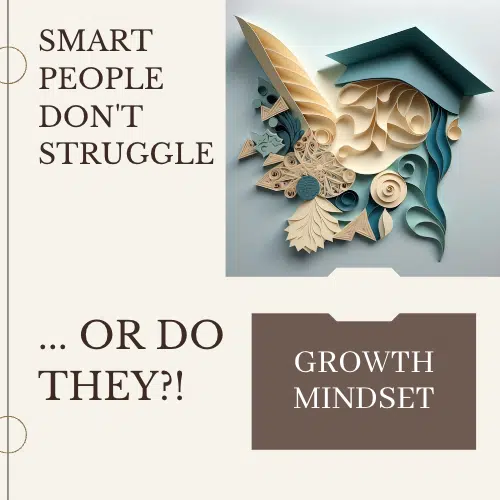
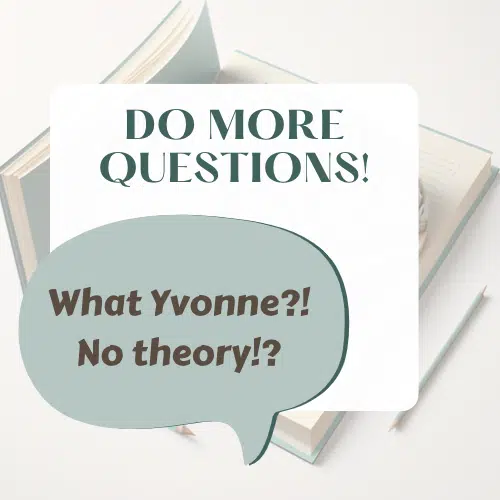




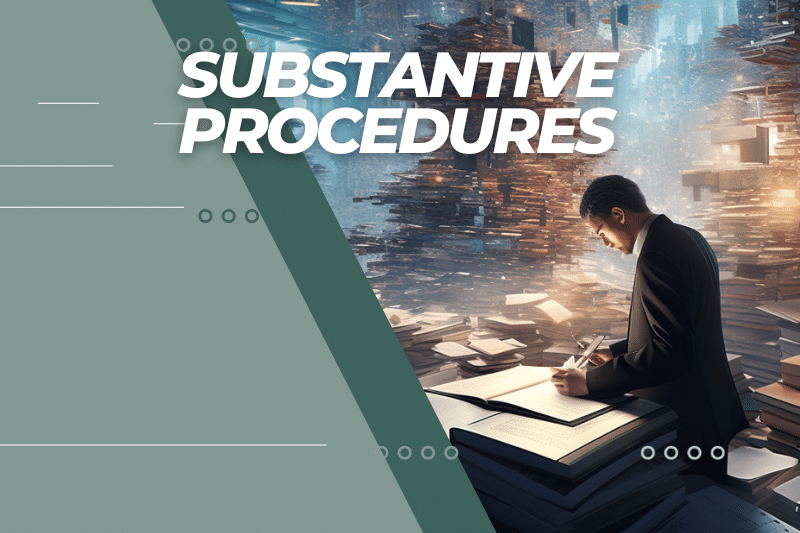

3 Comments
Oh my God, This makes so much sense. I should start thinking like this for Auditing because is such a challenge.
Every time they talk of basics I ask myself what are they talking about. Because I still do not understand.
This is a brilliant piece of advice. Especially with auditing! Thanks Yvonne 🙂
I love you. This is brilliant!!!!